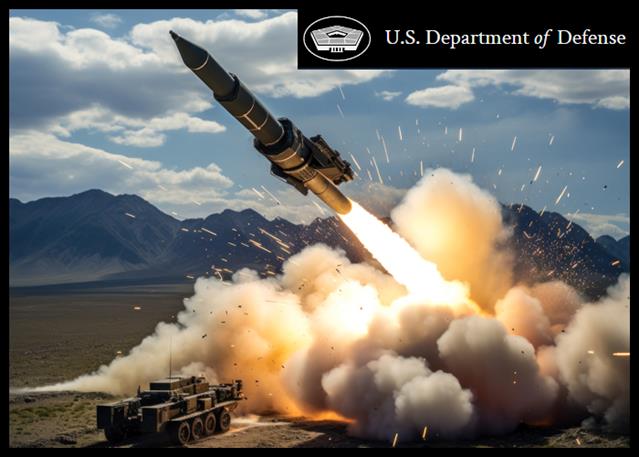
Senior Pentagon officials underscored the need for continued investments in missile defense and deterrence capabilities as adversaries of the United States increasingly seek to extend their reach on targets and threaten to upset global peace and stability.
Speaking at the National Defense Industrial Association’s 2024 Missile Defense Conference in Washington, Heidi Shyu, Under Secretary of Defense for research and engineering, said the threats posed by intermediate and long-range missile technologies in the hands of adversaries are accelerating at a concerning pace.
“We are clearly living in dangerous times,” she said. “Our adversaries are increasingly investing in missile technologies to project power both regionally as well as strategically, providing nations with the ability to launch attacks from considerable distance [and] enhancing their military posture and influence on the global stage.”
Describing the evolving threat, Shyu noted frequent and ongoing missile tests by North Korea and China. She also cited the Russia’s airborne attacks against civilian infrastructure in Ukraine and the rise of missile and drone attacks by Iran and its proxies in the Middle East.
Shyu spoke just days after Iran launched more than 300 airborne weapons at targets in Israel over the weekend. Those weapons, which were launched from locations in Syria and Yemen in addition to Iran, included more than 110 medium-range ballistic missiles, dozens of land-attack cruise missiles, and more than 150 drones.
Israeli forces and its partners, mainly the U.S., shot down most of the airborne weapons before they reached their targets.
U.S. Central Command forces, supported by two U.S. Navy destroyers, destroyed more than 80 one-way attack unmanned aerial vehicles and at least six ballistic missiles.
John F. Plumb, Assistant Secretary of Defense for space policy, said during the conference that Iran’s attack over the weekend highlighted the multifaceted threats the U.S. and allies must contend with.
Plumb cautioned that the U.S. cannot rely solely on high-cost interceptor systems to defeat airborne attacks as adversaries increasingly field low-cost drone technology.
Space-based detection systems will be critical for detecting and defending against hypersonic weapons and other advanced threats, according to him.
Copyright © 2024, RTTNews.com, Inc. All Rights Reserved.















